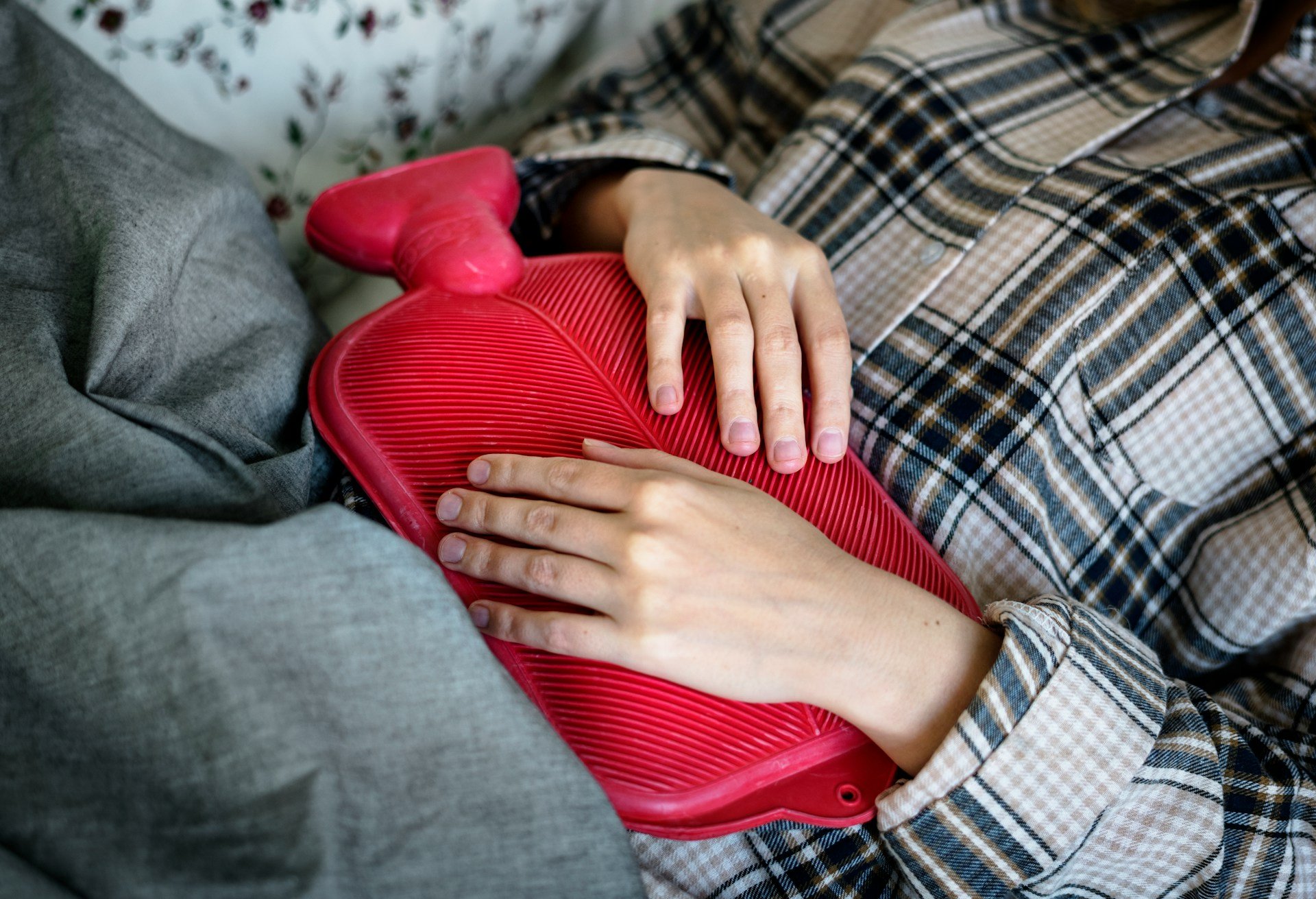Menstrual Issues
Menstrual issues refer to problems related to your period. They are very common and can affect your daily life, but in most cases, they can be managed or treated.
Frequently Asked Questions
-
Menstrual issues can stem from a variety of factors including:
Hormonal imbalance
Fibroids or polyps
Endometriosis
Stress or lifestyle factors
Thyroid conditions
Contraception
Menopause or puberty
-
Painful periods (dysmenorrhoea)
Cramping or aching pain in the lower tummy or back, often just before or during your period. This can be mild or severe and may interfere with daily activities.Heavy periods (menorrhagia)
Bleeding that is heavier or lasts longer than normal. You might need to change pads or tampons very often, or experience flooding or clots. It can sometimes lead to tiredness or low iron levels.Irregular periods
Your cycle may vary in length, come too often or not often enough. Irregular periods are common in teenagers, around menopause, or in conditions like polycystic ovary syndrome (PCOS).Absent periods (amenorrhoea)
Periods stop altogether. This can happen due to pregnancy, stress, weight changes, excessive exercise, or hormone problems. If periods haven’t started by age 16, it’s also considered amenorrhoea.Infrequent periods (oligomenorrhoea)
Periods that come less often than every 35 days. This may also be a sign of PCOS or other hormone imbalances.Spotting or bleeding between periods
Light bleeding outside your usual cycle. This may be caused by hormonal contraception, infections, fibroids, or other conditions and should be checked.Premenstrual Syndrome (PMS)
Symptoms like mood swings, irritability, bloating, breast tenderness, and tiredness that occur before your period and go away once bleeding starts.Premenstrual Dysphoric Disorder (PMDD)
A more severe form of PMS, with significant emotional symptoms that affect daily life.
-
If your periods are very heavy, extremely painful, irregular, or have stopped for no clear reason, it’s a good idea to speak to your GP.
Bleeding between periods or after sex should also be checked.
-
Some conditions that cause menstrual issues (like PCOS or endometriosis) can affect fertility, but many women still conceive naturally. Early assessment can help guide treatment if needed.
-
No. You don’t have to suffer in silence. There are many safe and effective treatments available. If your period symptoms are affecting your quality of life, it’s worth asking for help.

